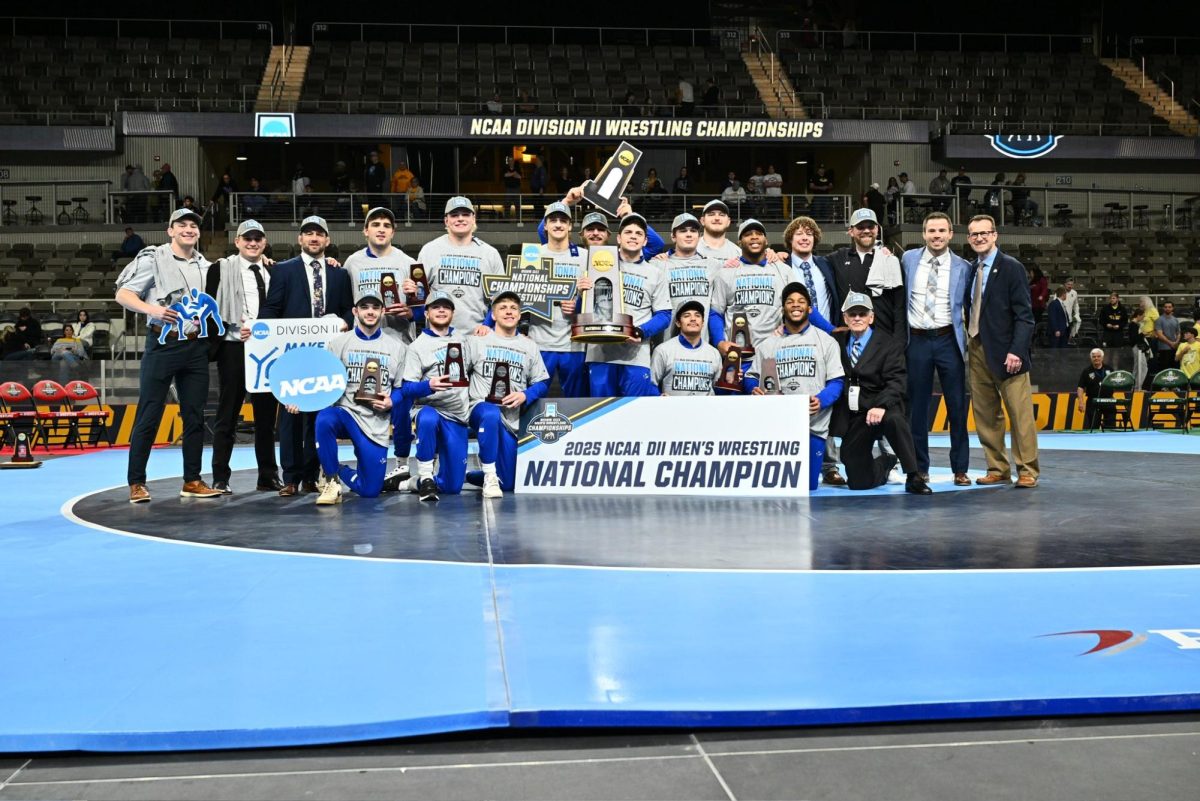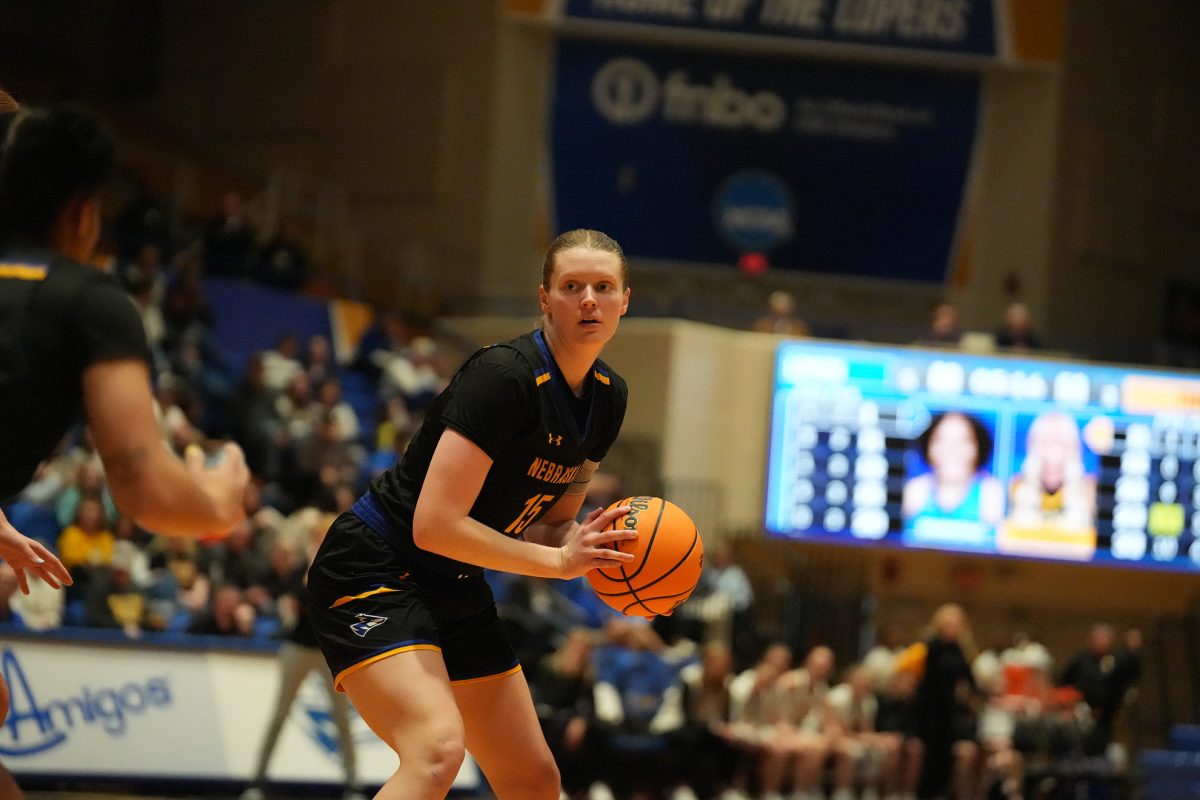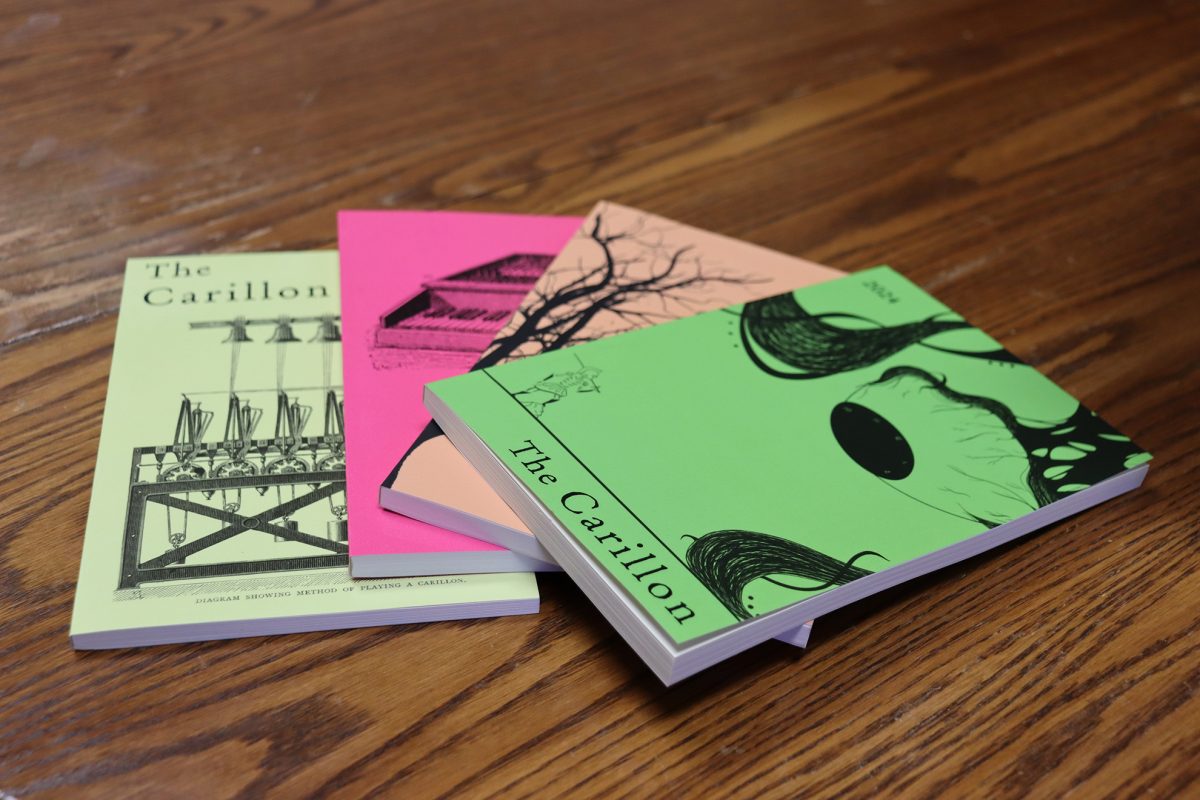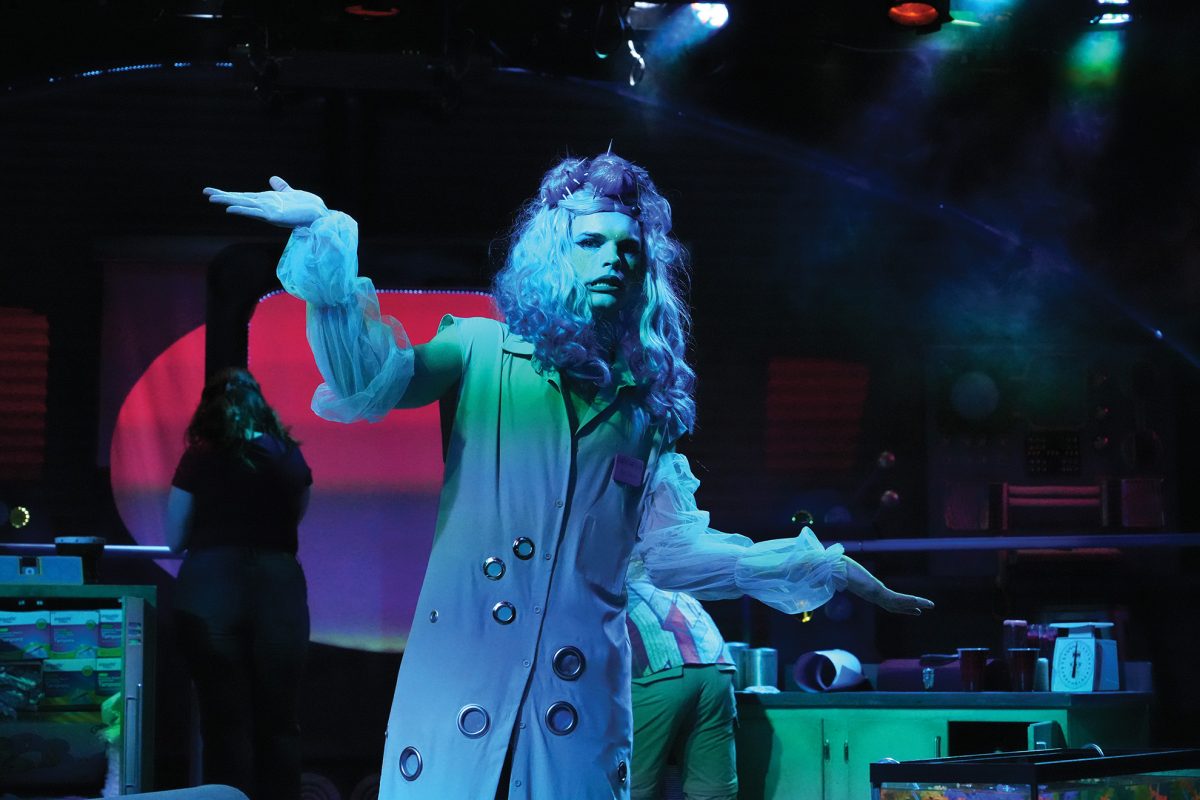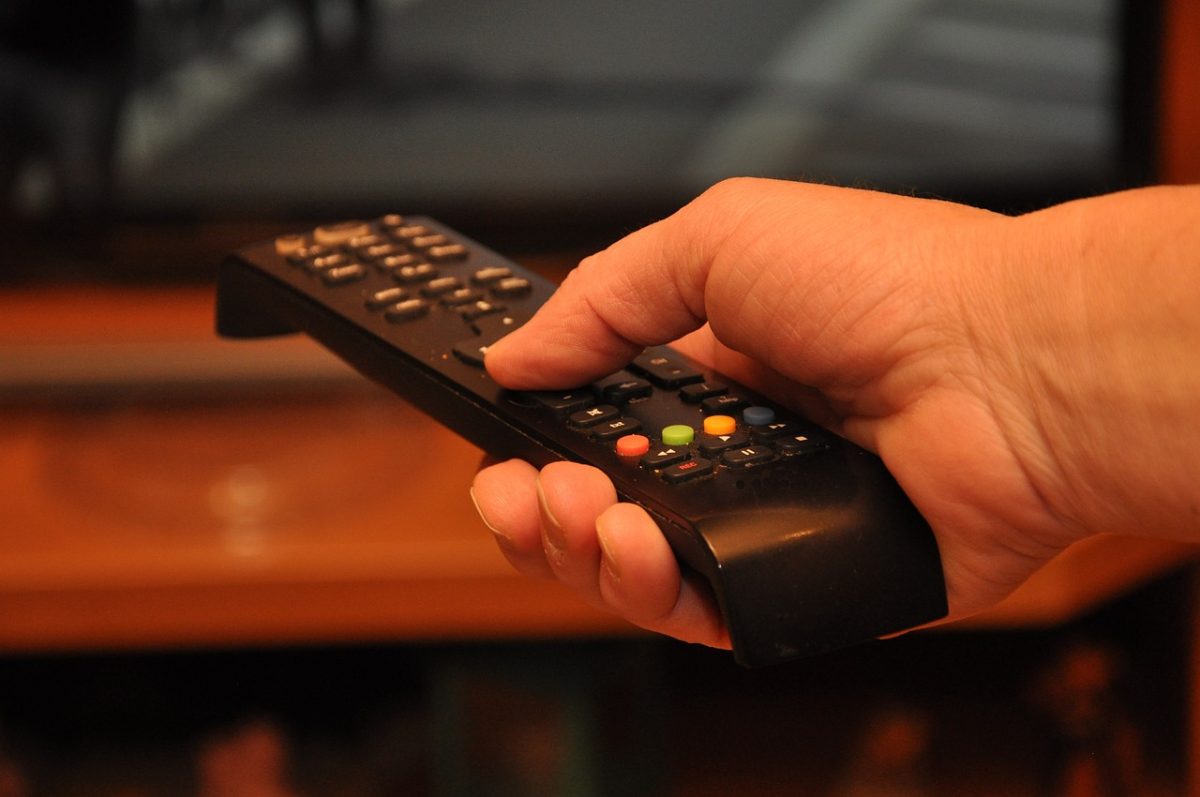delgadosandovals@lopers.unk.edu
Chloe Domont’s feature directorial debut, “Fair Play” explores the psychology of an ambitious couple who can’t seem to achieve work-life balance. The film was released on Sept. 29 in select theaters before its streaming release by Netflix on Oct. 6. “Fair Play” is an intriguingly malevolent erotic thriller about two ambitious financial analysts who drink too much, sleep too little and cannot afford to bring their feelings to work.
Domont’s film follows Emily and Luke, coworkers at a cutthroat Manhattan hedge fund called One Crest Capital. Against company policy, the two have dated in secret for two years and told elaborate lies to prevent their relationship from being exposed. By the beginning of the film, Luke proposes to Emily and the pair is engaged.
“Fair Play” takes ground as a film by defining itself in parallels, and by how words, events and objects take on different meanings in different contexts. The film’s world is divided into binary moments of understanding and misunderstanding. Although the director’s approach is promising, it eventually becomes somewhat restraining, keeping it from fully taking advantage of the genres it promises to explore.
Domont’s film is particularly adept at visualizing the demands of high-pressure workplaces, especially those with few roles for women. The open-concept design of the film’s spaces emphasizes Emily’s seclusion from the shared space for the men. As news of Emily’s promotion spreads through One Crest Capital, Domont uses the reactions of Emily’s co-workers to build an awareness wave of gender-based judgment.
Just like the high finance investors we follow, “Fair Play” suggests that fortunes are actually made by placing a bet on whose opinion you trust. Domont layers the film with as much contrast as she can find. She extrapolates romance and blood, aggression versus perception and cruel fights that play out in an intimate setting. As our protagonists’ verbal attacks escalate into literal bruises, we realize Domont has tricked us into investing our own empathy in these two emotionally starved young lovers.
“Fair Play” is however somewhat inconsistent and fails to define Emily and Luke through anything other than their work identities. There’s no background on whether Emily or Luke had other interests or personalities before being bound together by work and romance.
The film can’t quite deliver the nuance needed to make the comparisons between men and women unique or new. It also doesn’t push itself past archetypes and previous conversations of power imbalances in the workplace.
That said, I would consider “Fair Play” a good movie because Luke’s jealousy expresses something larger – a social commentary on how as society shifts and is restructured, those holding previous positions of power will feel attacked and vulnerable. Or in Luke’s case, emasculated.






